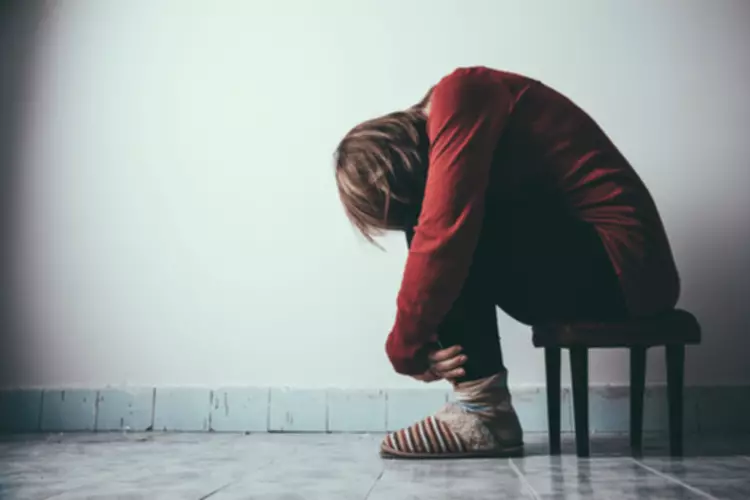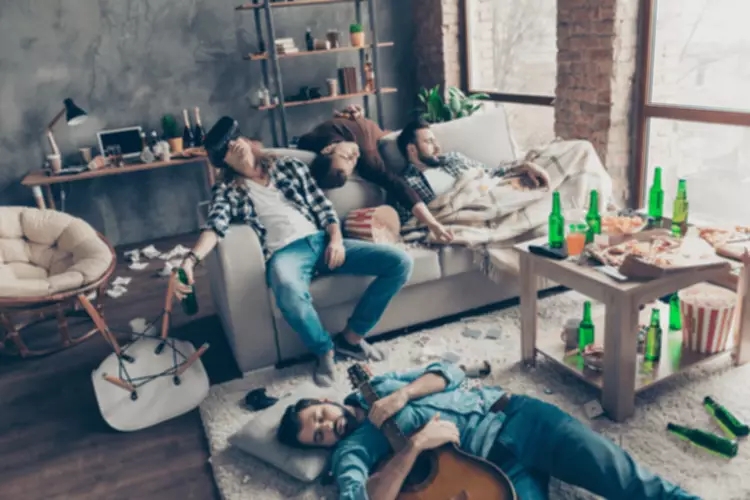
Naltrexone is a prescription medication that can reduce your urges and cravings to drink or to drink heavily. The good news is that using these tips can improve your ability to manage and reduce urges and cravings overall. Certain antidepressants also show promise for helping reduce drinking when you live with depression.
- Hangovers or withdrawal from alcohol can worsen anxiety symptoms, especially among people who drink heavily or those with alcohol use disorder.
- Over time, alcohol use begins to affect the neurotransmitters, or chemical messengers, in your brain.
- They are a physiological response resulting from the brain’s adaptation to alcohol and its effects.
- It takes time, patience, and persistence to put a stop to cravings, but for many people it is possible to end them, or at least greatly reduce them.
Avoiding drinking triggers
Ask yourself, “While these reactions may be unpleasant, will I really go out of my mind if I don’t give in? ” Note how these reactions vary across time as you respond passively to the urge. On general principle, you don’t have to reason it out yet again.
Sign up to learn more
- Eating simple carbohydrates and processed foods may induce cravings.
- Alcohol cravings can be difficult to manage alone, and there’s no shame in needing a little extra support.
- Research suggests that consuming ACV for intervals of four and eight weeks can reduce fasting blood sugar levels in people who are overweight or obese.
A lack of sleep can increase your levels of the hunger hormone ghrelin, leading to sugar cravings, he explains. Instead, learn how to sleep better with a solid bedtime routine, aiming for six to eight hours of sleep a night. Our cortisol levels rise when we’re stressed, which can lead to sugar cravings. We might feel like we need more energy to cope with whatever is stressing us out or to lift our mood, making a sugary snack particularly appealing.

Immediate coping strategies
For that reason, it’s important to keep your tools fresh in your mind, and continue to engage in your sobriety or moderation toolkit as long as it’s serving you. You are more powerful than your cravings, and have all the tools at Alcoholics Anonymous your disposal. The “Five Ds” are more popularly known in the management of nicotine cravings, but are just as helpful in managing alcohol cravings.
Dr. Bowen’s MP3 files (link above) offer an excellent “urge surfing” meditation. This signal is telling you to have a drink, but it’s not controlling you. With practice, the urge can become a signal to use an urge coping strategy. She notes that it can help to avoid your triggers as much as possible in early recovery, since triggers are often most intense when how to reduce alcohol cravings you first stop drinking. Coping tips can absolutely offer short-term solutions when you’re trying to cut back on alcohol.

Tell family members and friends you want to get healthier.

But in some alcoholics, withdrawal is not just unpleasant—it can be life threatening. It’s helpful to educate yourself on alcohol cravings and addiction. When you understand what your loved one is going through, it’s easier to support them. They trigger an endorphin release similar to the one that alcohol stimulates, making them an effective substitute. A balanced diet can significantly contribute to the success of a recovery journey. It ensures that the body gets all the essential nutrients it needs, which can reduce cravings and support overall health.
- Just as different things can trigger alcohol cravings from person to person, different strategies can help you manage them.
- Consider how giving into an urge keeps it alive while not giving into the urge slowly kills it.
- If your cravings are frequent, intense or hard to control, you should seek professional help.
- These should be used under the direction of a healthcare provider.
- Firstly, Mindfulness is a mental state achieved by focusing one’s awareness on the present moment, while calmly acknowledging and accepting one’s feelings, thoughts, and experiences.
- Alcohol increases activity in brain areas related to reward processing, which produces rewarding or pleasurable effects.
Mental health professionals can also help treat alcohol use disorder (AUD). AUD is a condition that occurs when a person has a physical need or desire to consume alcohol that is difficult to control. One of the main ways a person can help control and prevent alcohol cravings is by understanding what triggers the cravings in the first place. Even with your best efforts, both mild and intense alcohol cravings can still occur. It does not mean you did anything wrong or failed in any capacity. In fact, in the early phases of your recovery, you are expected to have cravings.
